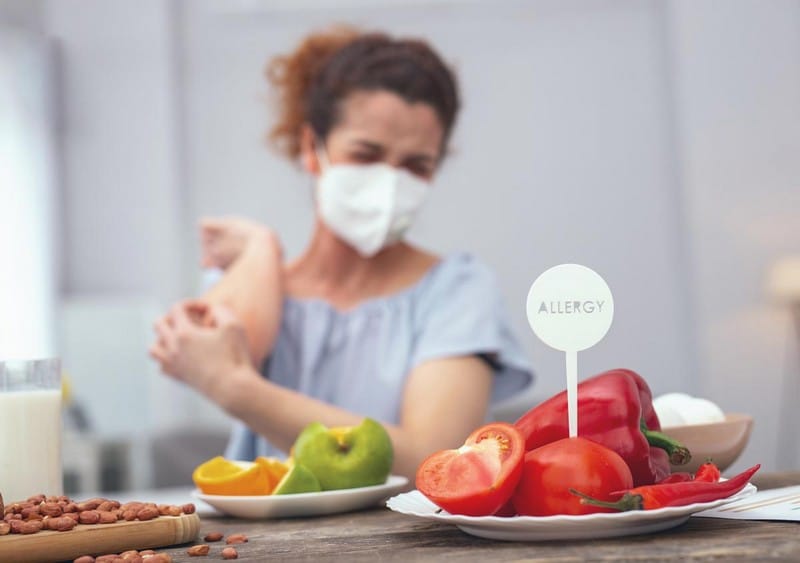Swollen Lips is a condition wherein there is an enlargement of the upper or lower lip, and sometimes both affect either the entire lips or partially, and the pain can range from mild to severe. It may happen to anyone regardless of age and status, and factors include natural causes or medical side effects.
Lips can get swollen at any time of the day when exposed to environmental irritants, a direct injury and cut to the lips, or overnight after consuming a harmful and irritating substance, an insect bite, or a surgical operation. It would result in various conditions like inflammation, a fluid build-up in the lips’ tissues, or an infection. Usually, it is temporary and can be healed with home remedies or over-the-counter drugs. However, when it lasts longer than it should, it becomes life-threatening, a manifestation that there may be an underlying medical condition that needs immediate attention and medication.
In addition, people who experience this condition cannot enjoy food for fear of causing more infection to the swollen area and prolonging the pain. They should be careful when consuming substances that may trigger infections and inflammations.
Food Allergies

It is always an advantage to be able to eat, consume, and enjoy all types of food, especially when it comes from different countries and cultures. However, many people suffer from certain food allergies that sometimes become severe and affect the entire body’s function. When these allergies get triggered, they are usually manifested through swollen lips, dark and red spots on the skin (like rashes), reddened face and ears, nausea, vomiting, numbness, headache, and in worse cases: high fever, severe cough, convulsion, difficulty in breathing, and fainting.
Foods that trigger allergic reactions include dairy products (such as cheese, milk, and butter), seafood (like shrimps, crabs, lobsters, shells, seaweeds, shellfish, and other fishes), peanuts and cashew nuts, and almonds. Additionally, spices like hot and bell peppers, anise, coriander, parsley, and celery, or even the common protein-filled foods such as eggs, chicken, and legumes, are also proven to trigger allergies.
Some people only experience minor physical reactions when eating these foods, and irritation goes away after consuming over-the-counter drugs, such as antihistamines. However, people with extreme sensitivity may experience allergic reactions that block the airway from the lungs to the mouth or nose, activate skin irritations, and malfunction in body systems.










